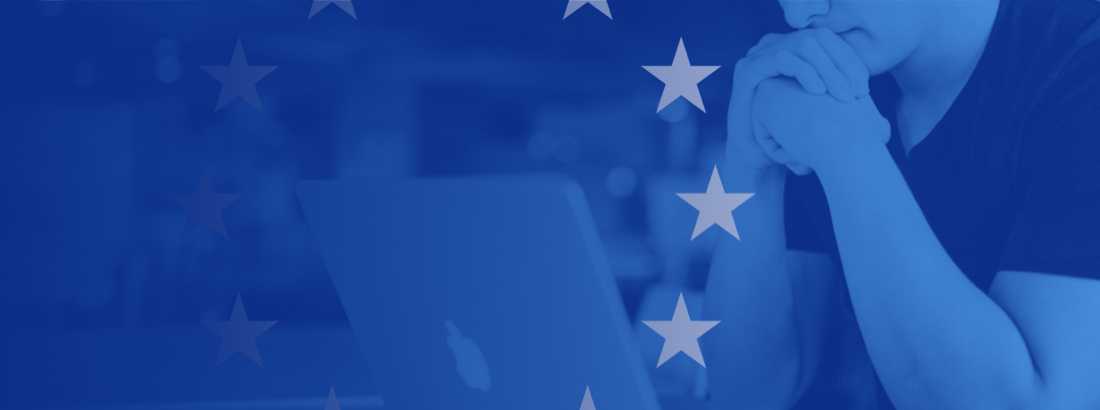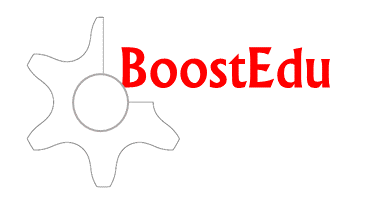New free e-learning course is to boost education in the European food sector
The Erasmus+ strategic partnership – BoostEdu – now presents a free of charge e-learning course focusing on boosting innovation and entrepreneurship in the European food sector

The target audience are mainly food professionals – employees, entrepreneurs and start-ups – together with students and lecturers at educational institutions, stakeholders representing the food sector and the general society.
All lessons are with English narration and subtitles by lecturers from the 6 partnership universities presenting the national perspectives of the topics. Each lesson can be taken at the participants’ own pace and several times.
The intended learning outcomes are:
- Learners will understand the key aspects of I&E in the food sector
- Learners will recognize the characteristics of entrepreneurship and intrapreneurship
- Learners will recognize the importance and role of the team
- Learners will understand different types of and the creative path towards innovation
- Learners will recognize the importance of a sound financial plan
The course will be available at the edX platform at the Polytechnic University of Valencia with entrance directly from the platform or from the BoostEdu webpage https://boostedu.eu/.
More details about the I&E e-learning course
The I&E e-learning course includes 4 overall modules unfolded into 19 complementary short appetizer videos interconnected with 19 full e-learning subtheme lessons each of 5-15 minutes inclusive checkpoint questions.
Furthermore, there is no specific order of the lessons. There is easy access via an internet connected computer or tablet whenever time permits at work, at home or at other locations, there is no requirement for additional software or hardware.
Furthermore, there are no costs for travelling or accommodation and minimal work time is lost. Overall, this course transforms 3-4 days of face-to-face teaching into 6-7 hours of condensed flexible e-learning with individual progress. There is no exam included, but the full course corresponds to 1,25 ECTS in workload.
Read more about BoostEdu plus overview of modules and subthemes
BoostEdu partners
BoostEdu – Boosting relevant and applicable continuing education in the food sector – is a strategic partnership between six European universities founded by the Erasmus+ programme.
UCPH
At University of Copenhagen (UCPH), the two departments Department of Food Science (FOOD) and Department of Food and Resource Economics (IFRO) contribute to BoostEdu. FOOD is one of the key education and research institutions in Denmark within food science and technology. IFRO is key within the fields of food, innovation and entrepreneurship. Both departments work closely with industries.
DTU
At Technical University of Denmark (DTU), the National Food Institute (DTU Food) contributes to BoostEdu. DTU Food researches and communicates sustainable and value-adding solutions in the areas of food and health for the benefit of society and industry.
WU
At Wageningen University (WU), the Management Studies Group (MST) contributes to BoostEdu. MST has a core interest in educating, researching and supporting innovation and (sustainable) entrepreneurs, with special focus on innovation and internationalization.
UNIBO
At University of Bologna (UNIBO), three departments contribute to BoostEdu: Department of Agricultural Sciences (DIPSA), Department of Agricultural and Food Sciences (DISTAL) and Department of Management (DISA). The departments have extensive experience in the field of innovation in the food sector.
UPV
At Polytechnic University of Valencia (UPV), the Institute of Food Engineering for Development (IIAD) contributes to BoostEdu. IIAD is the UPV research institute focused in the area of food technology and innovation for food Industries.
BOKU
At University of Natural Resources and Life Sciences, Vienna (BOKU), the Department of Food Science and Technology (DFST) contributes to BoostEdu. DFST is the major Austrian research institute for food technology.
Related News
Contact
Deputy Head of Research and Innovation at the Department of Food Science at the University of Copenhagen (UCPH), Nanna Viereck, nav@food.ku.dk
Funding
 is funded by:
is funded by:
